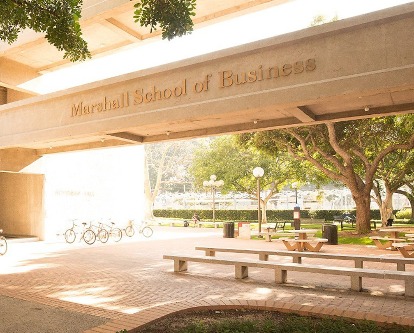
Marshall Faculty Publications, Awards, and Honors: November 2025
We are proud to highlight the many accomplishments of Marshall’s exceptional faculty recognized for recently accepted and published research and achievements in their field.
Debbie MacInnis is Emerita Professor of Marketing and former Charles L. and Ramona I.Hilliard Professor of Business Administration at the University of Southern California. She is aFellow of the American Marketing Association, the Association for Consumer Research, and theSociety for Consumer Psychology and is recipient of the American Marketing Association-IrwinMcGraw Hill Distinguished Marketing Educator Award given to a scholar who has had sustainedcontributions to marketing over an extended period of time as judged by their general creativeness/innovativeness, administrative contributions, teaching and mentoring, public service, researchcontributions and contributions to the marketing profession. She has received the Converse Award,the Lifetime Achievement Award from the American Marketing Association’s ConsumerBehavior Special Interest Group and the Faculty Lifetime Achievement Award from theUniversity of Southern California. She has received numerous research awards for her academicarticles, including the inaugural long-term contribution Award from the Journal of ConsumerPsychology. Debbie has served as Coeditor and Associate Editor for Journal of ConsumerResearch and Associate Editor for Journal of Marketing and the Journal of ConsumerPsychology. She is an expert on consumer behavior and branding.
Debbie is coauthor of a leading textbook on consumer behavior, several edited volumes onbranding, and several books on branding. She is former Treasurer and President of theAssociation for Consumer Research, former Vice President of Conferences and Research for theAmerican Marketing Association’s Academic Council, and former President of the AMA’sConsumer Behavior Special Interest Group. Debbie is the winner of local and national teachingawards, and she has also served the Marshall School of Business as Vice Dean of Research andStrategy and Vice Dean of the Undergraduate Program. She has also received the USC Mellonmentoring award for her mentoring work with faculty. Her consulting includes work with majorconsumer goods companies, branding agencies, and advertising agencies.

NEWS + EVENTS